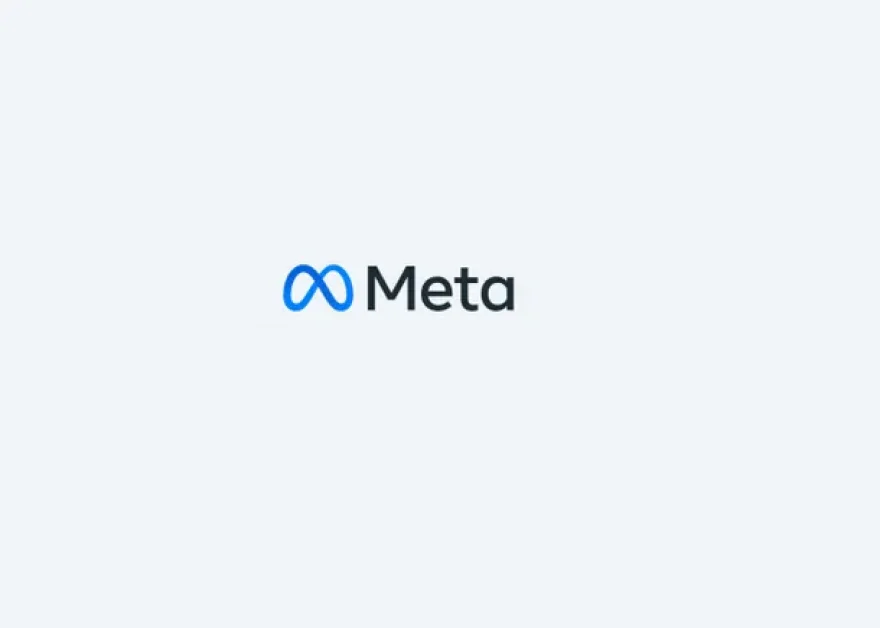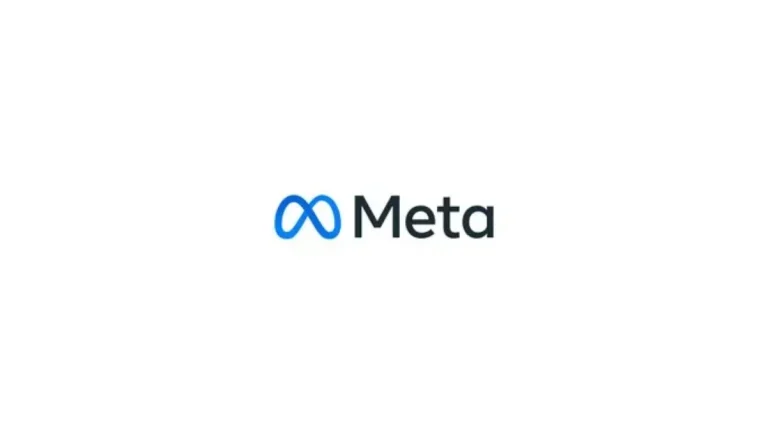Will Meta’s decision this week to loosen its moderation rules and get rid of fact-checking make Facebook and Instagram less brand safe as a result?
That seems to be what happened on X following Elon Musk’s moves to reduce internal content moderation staff in favor of user-sourced Community Notes, with various reports and investigations suggesting that the platform is no longer a safe place for brands to display their messages. Following these moves, X’s ad revenue intake has declined by around 60%.
A similar scenario could play out for Meta, according to a wave of industry commentary on the news. But there are key differences between Meta and X that could affect how the situation unrolls.
For starters, part of X’s problem in this respect has been Musk himself, and his propensity to generate headlines with his own statements and stances. Which is also Musk’s strength, in that he’s effectively the reason why his companies don’t need to pay for ads, because Elon is a walking promotional department within himself.
But at X, with Elon taking increasingly controversial and divisive stances, while also being the platform’s most followed user, the association between these views and the app has likely hurt the platform’s reputation more than Meta’s announced changes will.
Though at the same time, Meta’s changes are controversial, and they will similarly lead to more harmful content being shown to users in its apps.
For example, based on the latest updates to Meta’s Hateful Conduct policy, which were released today:
- Meta will no longer outright ban all use of slurs used to attack people on the basis of “their protected characteristics.” Protected characteristics include race, ethnicity and gender identity. So essentially, Meta has removed a clause that might stop people being targeted with terms based specifically on these elements.
- Meta will now allow people to use terms relating to sex or gender, even when used in an insulting way, within discussions relating to political or religious topics, “such as when discussing transgender rights, immigration, or homosexuality.” So users will be allowed to use potentially harmful terms within these conversations, with Meta no longer looking to contextualize such, as it has in the recent past.
- There have also been various changes designed to simplify the rules and facilitate more leeway around potentially insulting terms. Meta has also removed restrictions on comments that target people based on the suggestion, for example, that they may have spread COVID-19 (though this is now largely outdated either way).
- Meta’s also looking to take a more hands off approach, in general, within discussions around things like immigration and gender identity, which are the subject of frequent political discourse and debate.
Essentially, Meta’s now moved to reduce its rules to allow for more kinds of speech, while the reduction of internal moderation and external fact-checking staff will also lead to more of these comments seeing increased exposure in the app either way. Which means that there are going to be more offensive, harmful posts shown to more people in its apps.
Which Zuck himself acknowledges.
In his overview of the update, Zuckerberg explained that:
“The reality is that this is a trade-off. It means we’re going to catch less bad stuff, but we’ll also reduce the number of innocent people’s posts and accounts that we accidentally take down.”
So more harmful posts will get through, and with over 3 billion daily active users, the scope of potential harm in this respect is significantly higher than it is on X.
So logically, that should see more advertisers reconsidering their approach to Facebook and IG, like they did with X. Though I suspect that we won’t see the same backlash.
Because Facebook and Instagram do provide such broad reach, because they each have such huge audiences, and the potential of that is just too significant to cut out for many brands. So while it was relatively easy to take a moral stance on X, which has a fraction of Meta’s audience, I just don’t see brands being as willing to do the same this time around.
But realistically, that is what should happen. There should be the same types of critical reports around Meta ad placement, and the impacts that these changes will have for brands, because there will be impacts, the same as there were on X, and Meta should face the same scrutiny that X has for allowing such.
And again, it’ll be worse on Facebook and Instagram, based on exposure potential alone. The relative harms here will be significant.
So, should you be reconsidering your approach to social media ads as a result? Yes, you probably should, but I doubt that the moral outrage will reach the same levels this time around.





